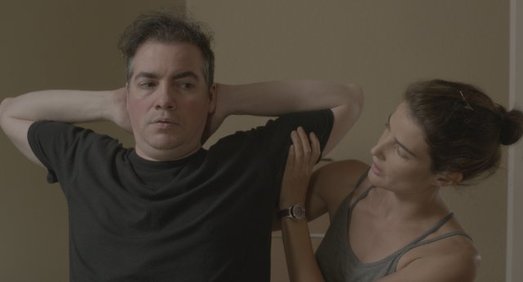 Danny, a recently divorced middle-aged man, has just come into a lot of money, though it has made little difference in solving his misery. On a bit of a whim, Danny ventures into a local gym, where he meets fitness-guru/owner Trevor, who convinces Danny that the key to finding his happiness is through physical and mental fitness. With Kat, one of the gym's top trainers, working one-on-one with Danny, these three individuals lives become tangled both professionally and personally, when such emotions as longing, loneliness, and love/desire become a part of the equation. Andrew Bujalki's Results is a playful and intimate look into modern day alienation, with both Trevor, Danny, and Kat, all being indivdiuals who whether they consciously know it or not, are looking for something to make themselves feel complete. Whether it be physical self-improvement, service work in the form of a trainer, or an abundance of cash in Danny's case, Results is truly a story of three individuals trying to find something that completes them and makes them happy. I especially liked the attention to detail, in Results, with the homes of these individuals, providing a visual representation of what they are missing in their personal lives. While Danny's gigantic home is barren, Kat lives with a roommate who seems to be very much in love with her significant other, as Bujalski comments on these character's isolation and loneliness through the environment which they inhabit. While probably Andrew Bujalki's least interesting film, Results is a film that still manages to be light-hearted but poigant, a quality that makes Bujalki one of the more interesting indie contemporary filmmakers. Centered in the world of physical fitness and self-improvement, Andrew Bujalki's Results uses this world to comment on the neverending quest for happiness, as all individuals attempt to find something that fills the void in their souls that makes them happy.
0 Comments
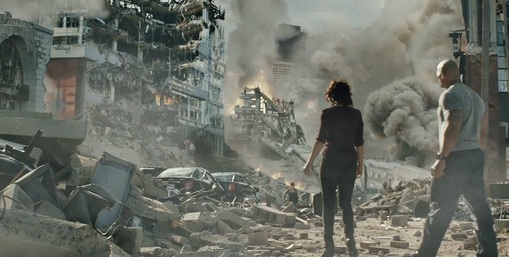 Brad Peyton's San Andreas is a film that is very loyal to the tropes of the disaster movie subgenre. The opening scene of the film quickly establishes our hero, Ray, with Dwayne "the Rock" Johnson rescuing a woman outside of Los Angeles who whose car was dangling off the side of a cliff. Lets be honest, people who enjoy these types of films don't see them for the narrative, more the destruction and special effects. The human interest aspect of San Andreas' carnage is centered around Johnson's character, Ray, who is getting divorced and finds his ex-wife is already moving in with her new boyfriend, a wealthy land developer? from San Francisco. The film's narrative finds him rescuing his daughter and saving his marriage in the wake of an absolutely terrifying earthquake scenario that I'm sure is excessively unrealistic. San Andreas is essentially a variation of The Day After Tomorrow in narrative structure, though I'd argue San Andres is far more exciting in the way the destruction is created. A fan of disaster films, one of my biggest concerns going in was the quality of the CGI, and San Andreas does not disappoint with some eye-dropping visuals of destruction. I must admit I was pleasantly surprised with Peyton's direction, the use of long takes and tracking shows to create the sense of terror to great effect. One scene in particular, where The Rock's ex-wife is in a high rise restaurant during the quake is absolutely memorable, being a long take that lasts several minutes and really captures the terror and intensity of this frightening situation. I totally understand how some people have problems with the coldness of mass destruction but it has never really bothered me, as San Andreas is simply about one family's struggle to survive that inevitably fixes their broken family. One aspect I really liked about San Andreas is how the film is essentially a cheesy critique of the blue collar vs white collar mentality, withe catastrophe having Blake's soon-to-be stepfater, an extremely wealthy building designer?, who abandons her as soon as castastrophe strikes. This leaves the union man, Ray, as the opposite, a man who routinely attempts to help people in need, traveling to great lengths to save his daughter, after losing his other daughter in a white water rafting accident (hahahahaha) a long time ago. Intentional or not, San Andreas seems to almost be a commentary on Los Angeles vs. San Francisco (Hollywood vs. Silicon Valley), taking shots at the greedy tech companies. Obviously Brad Peyton's San Andreas is the type of film you have to check your brain at the door, but for those who are a fan of destruction and dumb fun, it delivers solid entertainment.  There have been many films made about drug addiction and the lifestyle of a junkie, but very few I've seen are quite capable of delivering the same feeling of authenticity as Ben & Joshua Safdie's Heaven Knows What. The story is centered around Harley, a young heroin addict, who is very much in love with llya, a heroin addict himself, who seemingly wants little to do with her. When Illya demands that Harley prove her love by killing herself, she attempts to oblige by slitting her wrists, ending up in the hospital where she is nursed back to health. Released, Harley ventures back on the streets, looking for her next fix with her friend Mike, unbeknowst to her is that fact that heroin is her true love. Heaven Knows What really captures the drifting lifestyle of junkies, being a film that doesn't really feel like it is following a narrative structure. Sleeping in abandoned houses, hustling and stealing to make money, doing drugs in the public bathrooms of Starbucks and McDonalds, Heaven Knows What captures the lifestyle of these characters in an impressive and genuine feeling way. The fillm does a great job at showing the glossed over nature of all of these characters, having a cloudy consciousness where simply the mind isn't all there. This is a film that isn't interested in explaining the past of Harley and Illya's relationship, though it does become clear that Harley was brought into the world of heroin by Illya. What makes this so interesting, is how Harley perhaps holds a special place in heart because Illya was the one to introduce her to heroin, though I'm not sure that was the intent of the filmmakers. This film shows how heroin is so addictive that it destroy everything, even love, with not only Harley but Illya showing moments of loving and caring that is essentially stripped away. Heaven Knows What is a impressively crafted film in every way, from its claustrophobic compositions, to fantastic sound design, this film almost takes on the atmosphere of a horror film at times, never feeling forced but always gripping. The cinematography uses the space of the frame so well, closing off these characters much like the addiction has done to their lives. I'm not great at explaining sound design, but it felt sporadic and unfocused, which is absolutely a compliment given the nature of this film. Even the color palette feels muted, at least in certain scenes, which makes Heaven Knows What a poignant and genius tale of a young woman who is addicted to heroin.  David Sandberg's Kung Fury is a crowd-funded 30 minute short film that aims to place itself among some of the more celebrated absurdest b-movie "so-bad-it's-good" type of films. The film is centered around Kung Fury, a god-like Kung Fu Master and police officer, who after stopping a rampaging arcade game from tearing apart Miami, finds himself being torn a new one by his Captain for the destruction caused. When his captain is murdered by the most lethal kung fu master of all time, Adolf Hitler, Kung Fury must travel back in time to Nazi Germany to kill the Kung Fuhrer and stop his Nazi empire. With are Laser Raptors, Thor, Homicidal Arcade Games, Kung Fu Hitler, among other absurdities, Kung Fury is a film that left me overwhelmed and wanting more. At 30 minutes long, Kung Fury feels awfully short, and while some would argue this was more than enough time, the film could have easily been expanded a bit in order to let the absurdity breath. Dripping in 80's nostalgia, from a time travel sequence that looks very similar to something out of Nintendo Power magazine, to loads of cheesy one-liners,and an animated sequence reminiscent of the time period, Kung Fury is a film very much made for this particular generation. I particularly enjoyed the homage to VHS, with the film playfully illustrating the VHS static and tracking issues that haunted so many 80s kids on a regular basis while trying to watch their favorite movie. For fans of this strange sub-genre of filmmaking, David Sandberg's Kung Fury should satisfy, but if you are not someone who enjoys these type of films, stay away. 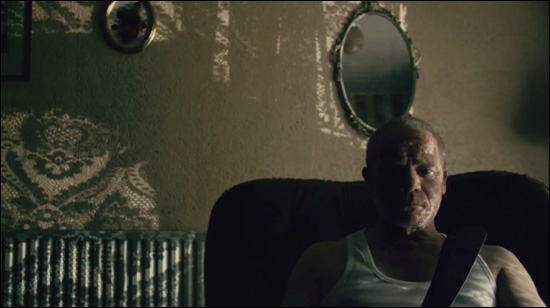 Joseph is a troubled man that is filled with violence and aggression. He spends his days drinking and getting into fights. One day while hiding from a group of Bar Patrons he got into a confrontation with, he meets Hannah, a polite, geniune christian women who attempts to reach out to Joseph with little success. What ensues is a unique/odd friendship between the two where we learn that Hannah is as much a tortured soul as Joseph. Paddy Considine's Tyrannosaur is a grim, dark story about two tortured individuals who find some form of solace in each other. Paddy Considine must have been paying attention as an actor, cause in his debut feature, he has created a fantastic character piece that is haunting. Peter Mullan, man, he was just born to play this type of role. He captures Joseph perfectly as this man who cannot control his rage and anger but at the same time shows glimpses of heart and compassion. Although Mullan has gotten much deserved praise, Olivia Colman is just as fantastic as well as this woman whose faith is pushed to the limits. These two actors are just unbelievable and I couldn't take my eyes off of either of them. Considine really does a great job at keeping everything subtle and creating this visual style of showing Josephs inner anguish. I really don't want to talk to much about the story cause I don't want to give anything away, but this is the type of film that could stay with me for a long time, being a skillful story of despair, anguish, and eventually a glimmer of hope 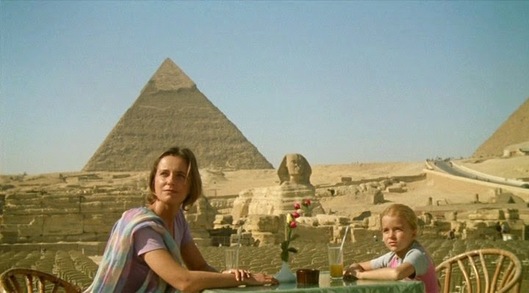 Manoel de Oliveira's A Talking Picture begis in Lisbon, Portugal where a mother and daughter depart on a Cruise through the Mediterranean and eventually the Indian Ocean. On day trips to Marseilles, Pompeii, Athens, Istanbul, and Cairo, the mother, a History professor at the University of Lisbon, takes the opportunity to educate her daughter on history, religion, mystery, and war, among other thing; on her way to her husband in bombay. After Cairo, the ship spends two nights at see, where the woman and daughter befriend a Captain, who is entertaining three famous woman from different cultures and native languages. Manoel de Oliveira's A Talking Picture is a haunting fable that delivers a beautiful meditation on civilization, the birth and death of it, and the violence that has created what it is today. Manoel de Oliveira's visual aesthetic is beautiful but understated, with the various landmarks such as the Egyptian Pyramids or Greek temple being prominent in the frame. They tower over the mother and daughter in some compositions, giving added weight and a sense of importance to these artifacts of civilization. A Talking Picture really captures how civilization moves from place to place, constantly evolving. Whether it be the Americans, who are mostly Europeans who moved, to the Egyptian exodus of the Israelites, de Oliveira examines civilization through history. The women who the Captain befriends, all coming from different countries and speaking different languages, seem to represent the European Union. An intellectual film that is bound to turn some people off due to educational driven narrative early on, A Talking Picture becomes more a striking examination of humanity, with a startling conclusion. Manoel de Oliveira's A Talking Picture is a heartfelt reminder to civilization that we all come fromt he same place originally, though the haunting ending is a symbolic reminder of how violence usually goes hand in hand with progress. 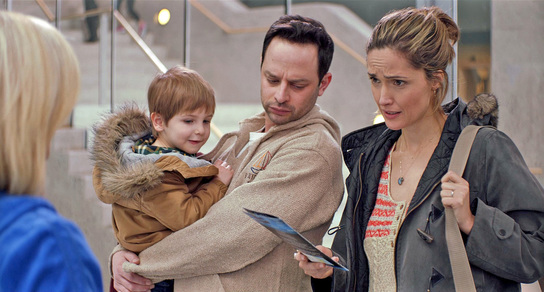 Jake, a young and narcissistic entrepreneur, finds his whole company go belly-up financially the night before the launch of his newest product. Losing not only his money, but the money of many of his friends and acquaintances that invested, Jake leaves Manhattan and moves in with his sister, Justine, a pregnant woman who Jake hasn't spoken with in months, possibly years. Justine and Bobby, her husband, agree to let Jake stay with them for several months, but he has to help out around the house, which leads to Jake becoming their nanny. Ross Katz's Adult Beginners is a film the relies heavily on Nick Kroll's lovable shtick to keep things interesting, somehow managing to somewhat elevate the film above completely forgettable generic indie fare. Adult Beginners is exploding with typical tropes of the genre, being primarily a story about a man who has to face responsibility and grow up. Typical of many films of this ilk, Adult Beginners bounces along with little conflict real conflict until Jake discovers that Bobby is cheating on Justine with another woman. This of course opens up the floodgates, leading to underlying tension centered around the death of Jake and Justine's mother boiling over in their current relationship, with Justine furious at Jake for never being capable of confronting life's problems. Adult Beginners is somewhat funny but also infuriating at times due to its mild approach to complicated issues, being a film that would have been completely dead on arrival if not for Kroll's work as the narcissistic Jake. 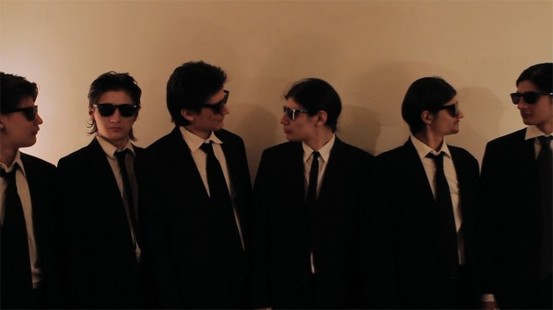 Crystal Moselle's The Wolfpack tells the story of the Angulo brothers, who have been locked away from the outside world by their father, who is fearful of the corruption it could bring to his children. Trapped in the apartment, maybe venturing outside once or twice a year, the brothers only connection to the outside world comes through the world of movies. The self-proclaimed Wolfpack spent their whole childhood re-enacting their favorite movies in their apartment, doing so with elaborate homemade props and costumes. Their complacency in their sheltered lifestyle begins to change, with the oldest brother growing agitated with his father's strict regime, venturing out into the city in an act of defiance which forever changes the power dynamics of the family unit. The Wolfpack is a fascinating documentary that overstays its welcome, meandering around the more complicated issues of overprotective parents, fear, and the need for independence. The father is essentially a dictator in the family unit, a man who runs a strict, overprotective system that requires even his wife and mother of 'The Wolfpack' to stay sheltered in the apartment. This is a man who believes he is doing the right thing in protecting his children from the outside world, with his warped worldview leaving these children in isolation. The only thing that keeps them going is Movies, and perhaps The Wolfpack's greatest attribute is its ability to capture the power of escapism the movies can have, giving these brothers something to focus on instead of loneliness and despair. My favorite moments of the film are late, when we see the oldest brother attempting to socialize, with movies being his only point of reference, something that is equal parts tragic and uplifting. While about the family unit, The Wolfpack is centered around the oldest son, who is beginning to resist the rules of the household. He has taken his resentment of his sheltered lifestyle and used it to empower himself, wanting to prove his father wrong. The son seems far beyond forgiveness, and the perhaps the great tragedy of the film is his inability to ever have a meaningful relationship with his father ever again. Almost like a real-life version of Dogtooth, Crystal Moselle's The Wolfpack is essentially a high-powered and fascinating human interest story that never quite goes far enough exploring this family unit to be anything truly special. 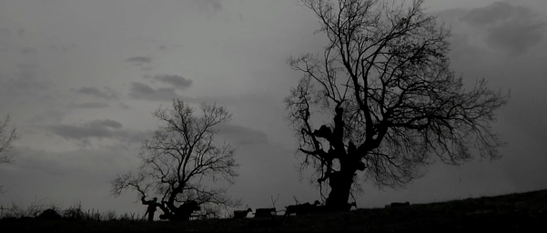 Aran Hughes & Christina Koutsospyrou's To The Wolf is a quietly devastating film that tells the story of two sheep farmers and their families, living in a remote village up in the Nafpaktia Mountains in the west of Greece. Living a life of isolation, due to poverty which has basically left the town deserted, these two farmers struggle to provide for their familes among the economic chaos. Paxnis, the older of the two men, sees no path to prosperity, instead succumbing to despair. Giorgos on the other hand barters and takes out credit as much as he possible can, but as his debts continue to mount, he himself turns to the bottle as a way to escape. Blending documentary and fiction elements, To The Wolf is a beautifully rendered film speaking to the unsetting reality of today's Greece. To The Wolf is clearly an angry film, but the filmmakers show restraint in only opening discussing Greece through ancillary means. Whether it be background newscasts or drunken rants, To The Wolf speaks about the repercussions of corporate greed, announcing how the reality of the situation has infected the lower classes as well, with the trickle down effect of economics causing many to lose their pensions and livelihoods. Without question the greatest attribute of this film is its cinematography. Living up to the age old adage that a picture is worth a thousand words, To The Wolf uses compositions drenched in blacks and greys to capture the sorrow and despair, visually representive of the dark days facing Greece. While the film's cold gray color palette is fantastic, the static framing also effectively captures the utter and complete calmness of despair, expressing the abandonment these people feel from a government unable to help them. The finale of To The Wolf perfectly expresses the anguish of its characters, as off screen we hear the whimpers and cries from Giorgo's flock, as he has no other choice but to slaughter them in an effort to feed his family. Aran Hughes & Christina Koutsospyrou's To The Wolf is a quiet yet haunting piece of filmmaking that visually captures the anguish and abandonment that Greek civilians are feeling from their government. 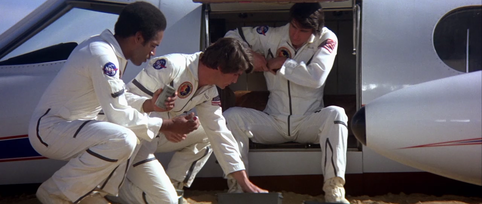 Charles Brubaker (James Brolin) is a highly decorated astronaut who has been selected to lead NASA's first manned mission to Mars, also known as Capricorn One. Seconds before launch, Brubaker and his team of astronauts are pulled off the rocket, which takes off unmanned towards Mars. Brubaker and the crew are met by Dr. James Kelloway, a high ranking NASA official, who explains to them that a faulty life-support system was discovered minutes before launch, which would have undoubtedly killed the crew if not discovered. Needing good publicity to keep their Space program alive, Dr. James Kelloway and NASA want to falsify the Mar's landing, attempting to convince Brubaker and his fellow astronauts that staging the landing is important for national morale and patriotism, as they are merely doing their civic duty by going along with this massive government hoax. The astronauts are reluctant but threats to their families by corrupt government officials force them to go along. Peter Hyams' Capricorn One is very much a film of its time, dripping in paranoia and distrust in the establishment. This is a film that wastes little time in the beginning establishing much of anything, opting instead to throw the viewer right into action, forcing them to pick up the pieces as they go along. This of course works very well, given the nature of the film, with the audience just as confused as the astronauts are, when they are pulled off the mission at the last second. The film effectively evokes a dual narrative for much of its running time, one involving Charles Brubaker's attempted escape from the government and one involving journalist Robert Caulfield, the man on the outside that begins to discover the government cover-up. These two character's paths eventually align in the desert with the film's action centerpiece, a aeronautical chase sequence that's riveting. While the script itself plods along with a few too many conveniences for my liking, perhaps Capricorn One's most important attribute was its ability to further establish Peter Hyams as an action filmmaker to watch. |
AuthorLove of all things cinema brought me here. Archives
June 2023
|
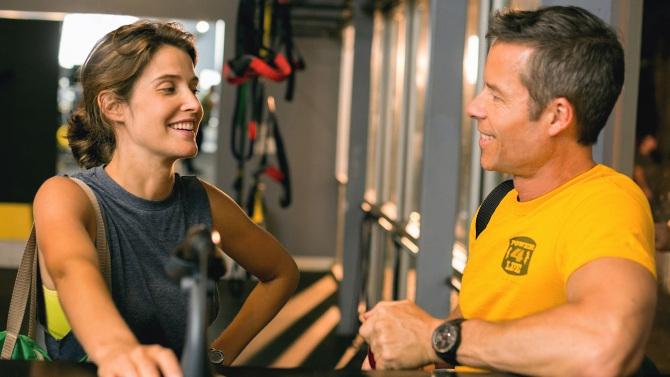


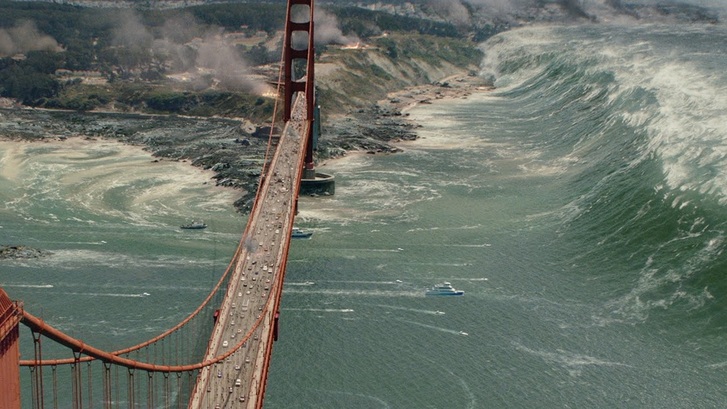
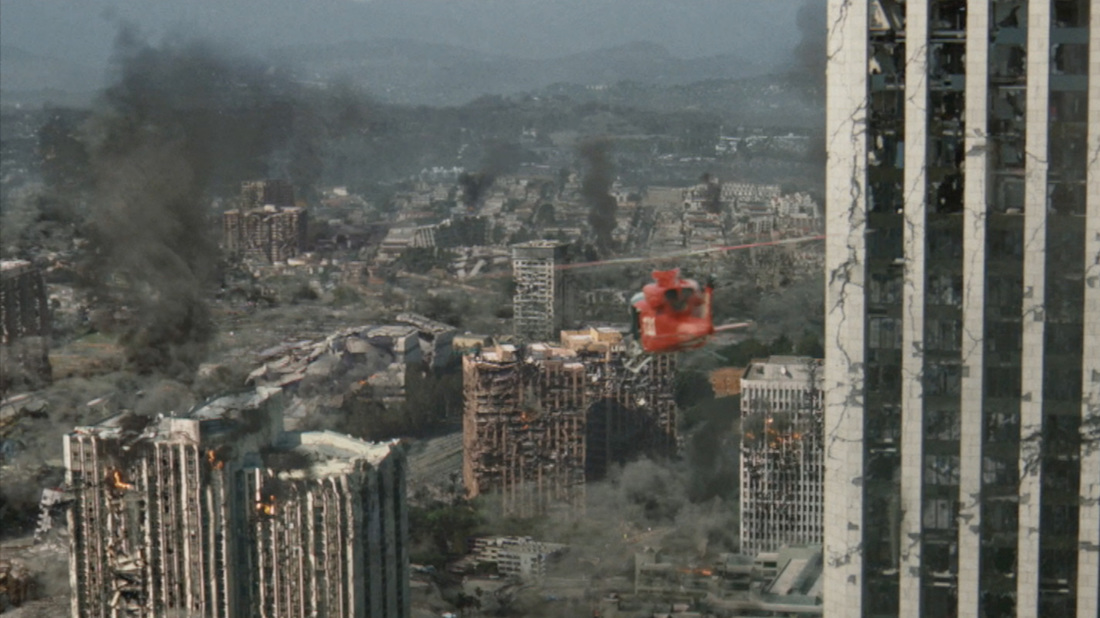
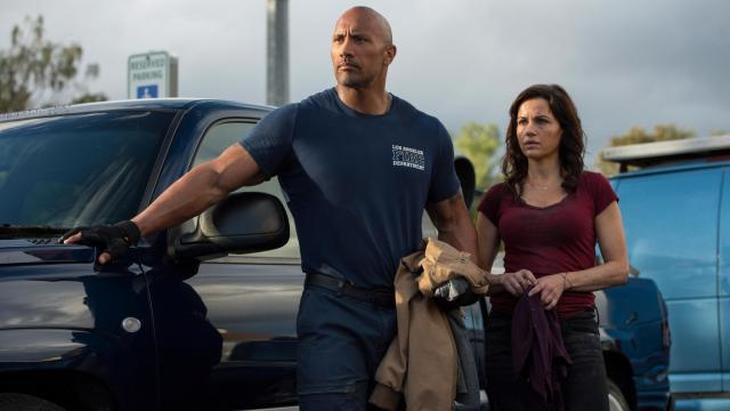
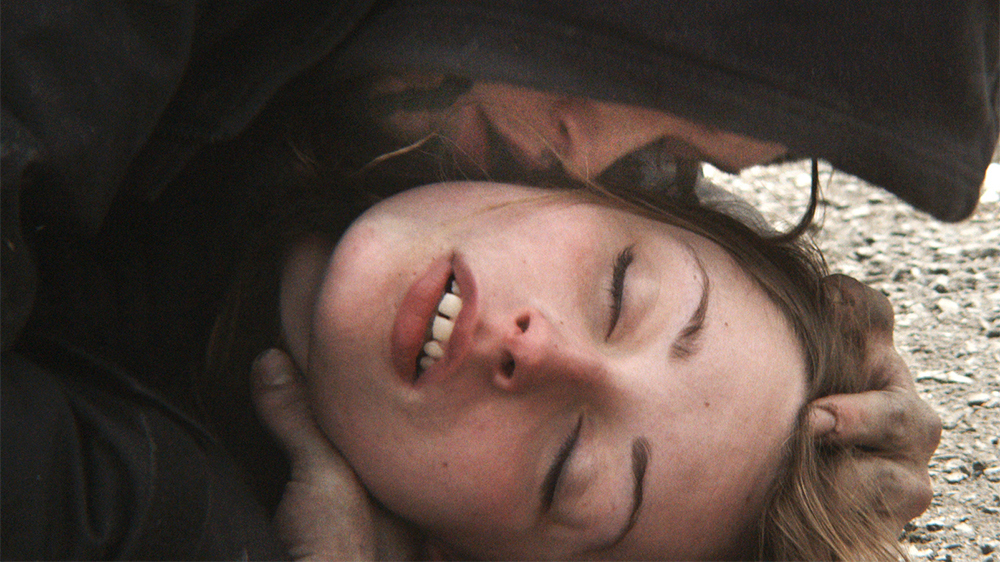
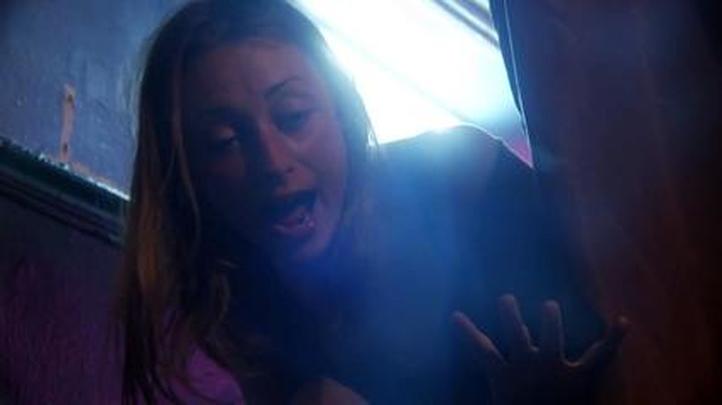
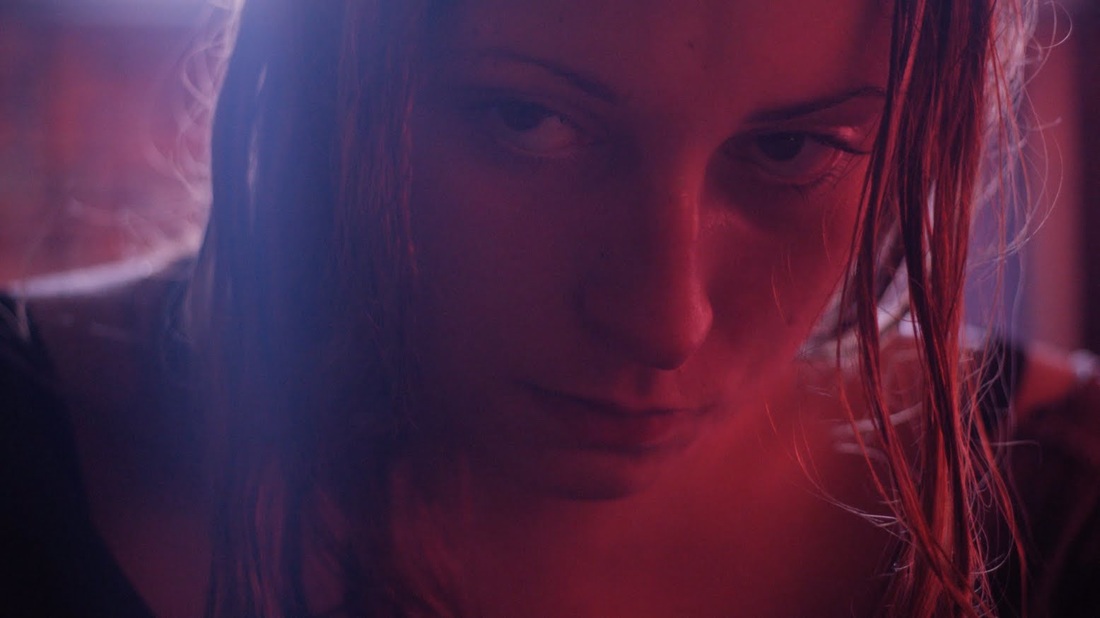

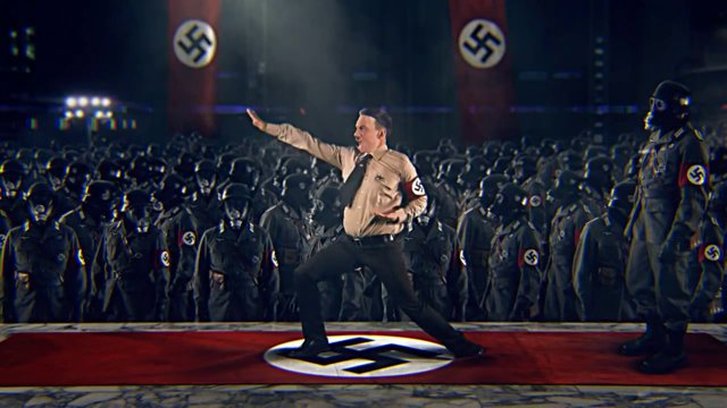
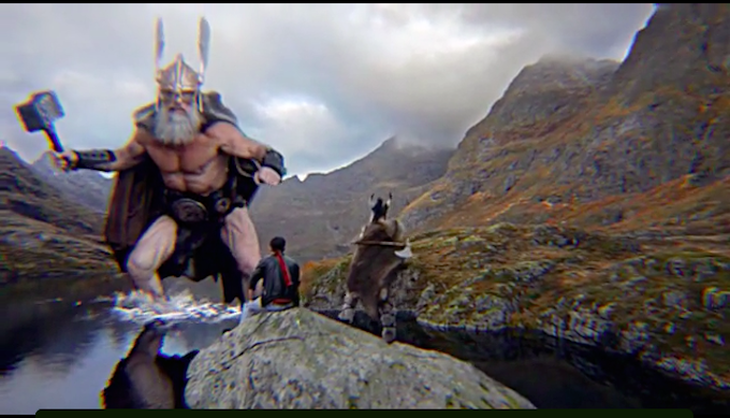
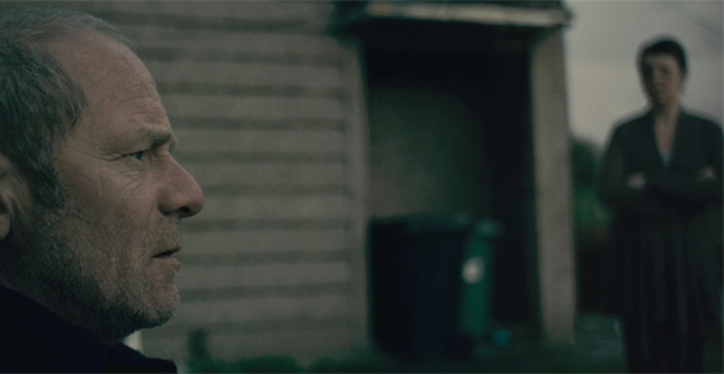
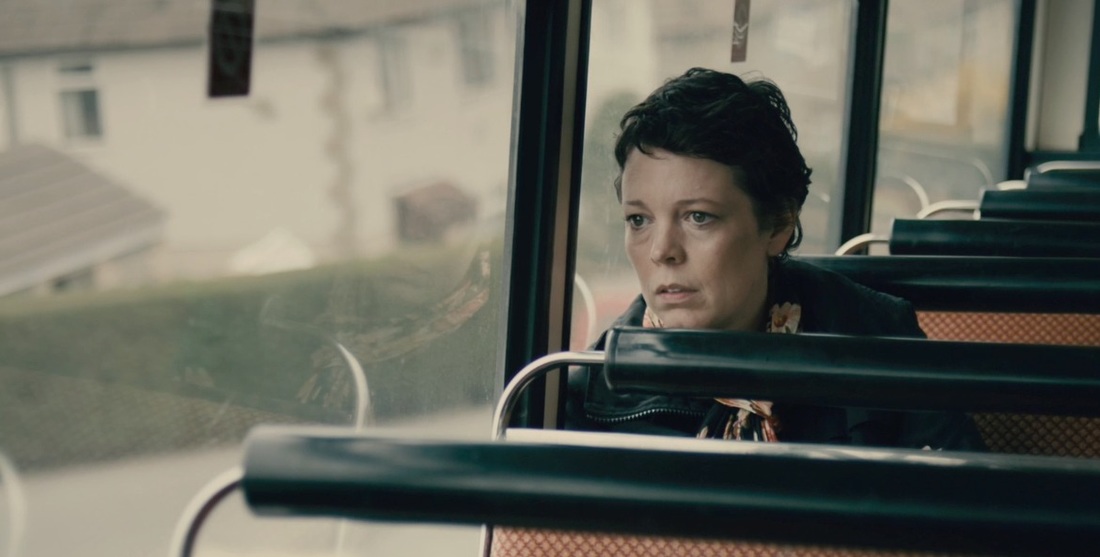
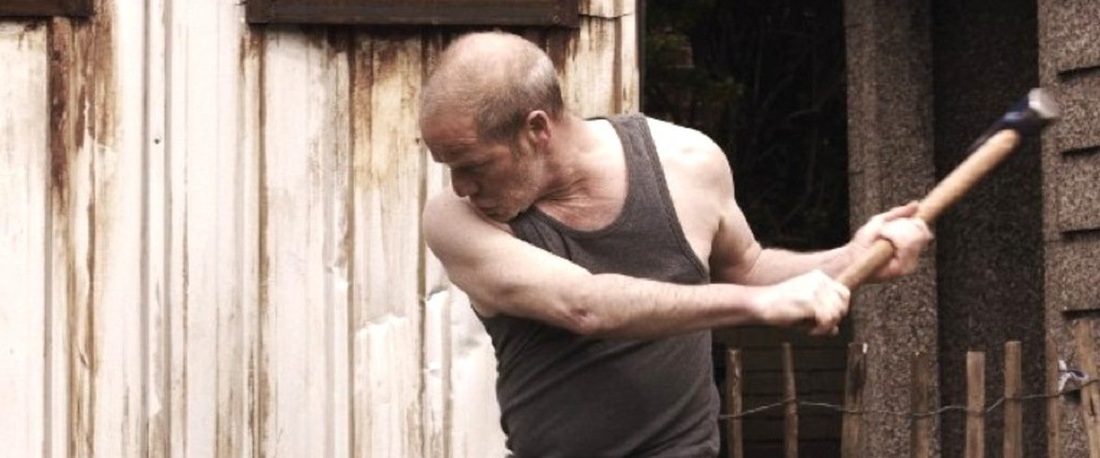
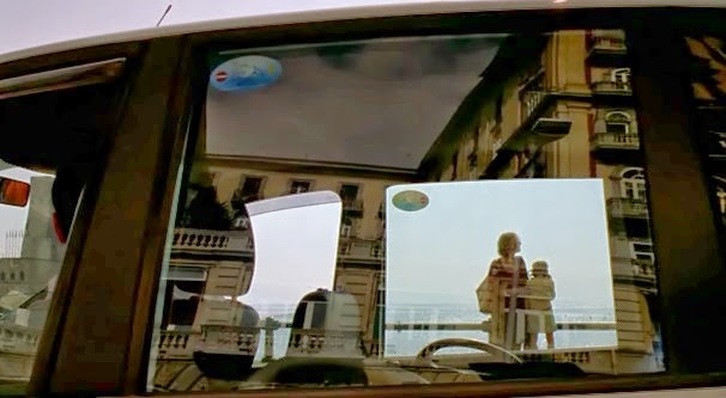
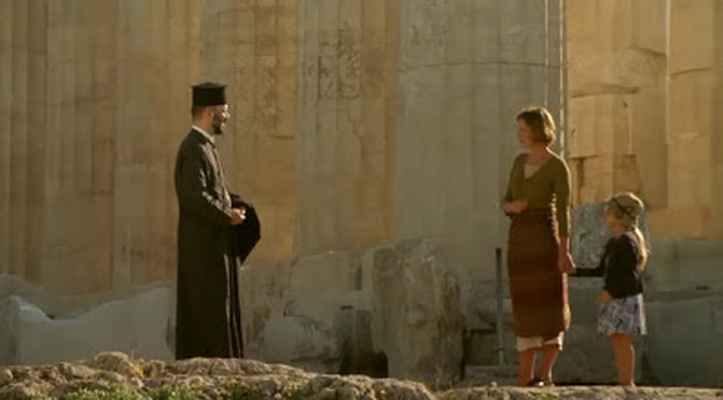
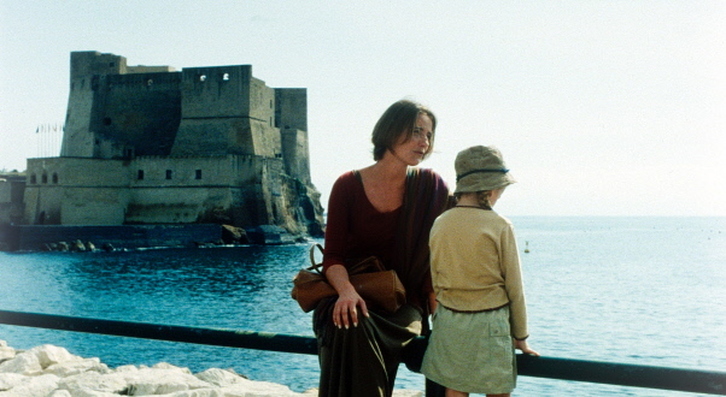
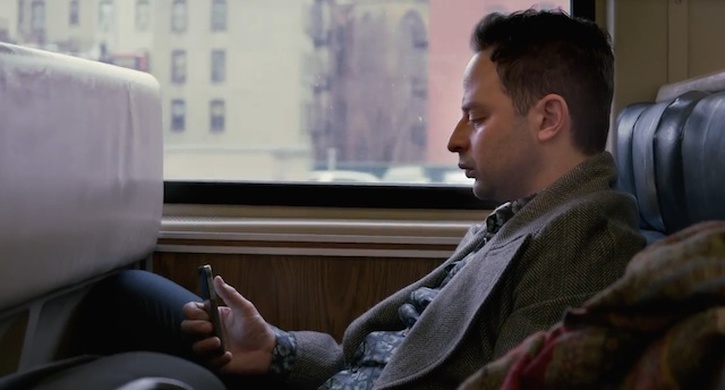
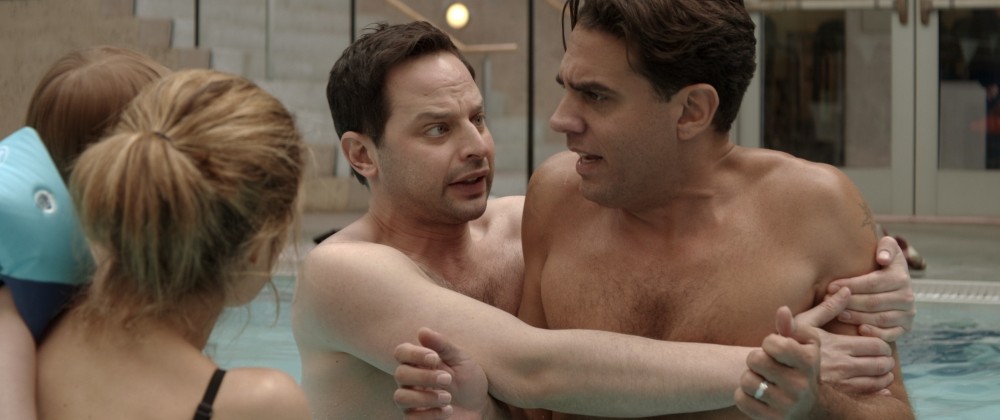
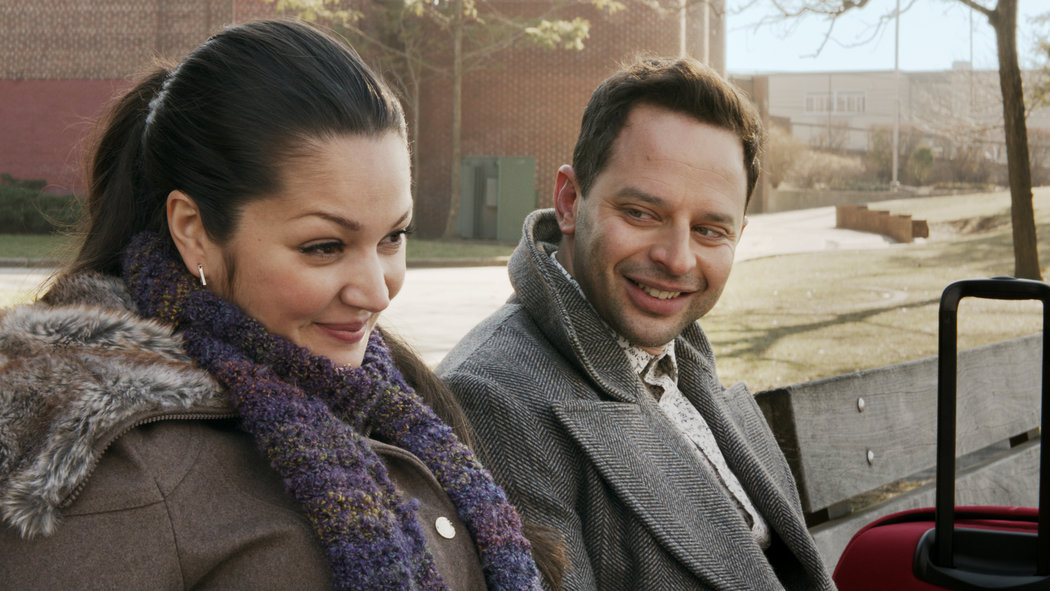
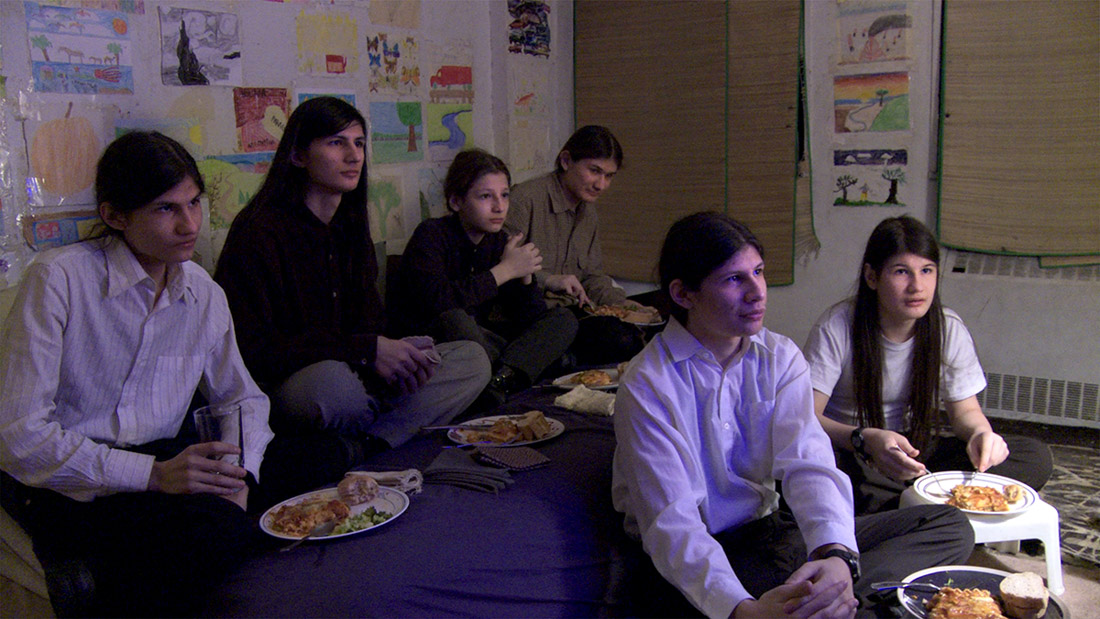
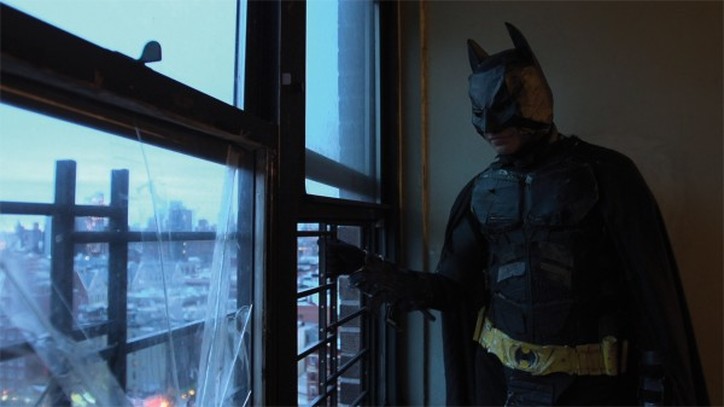
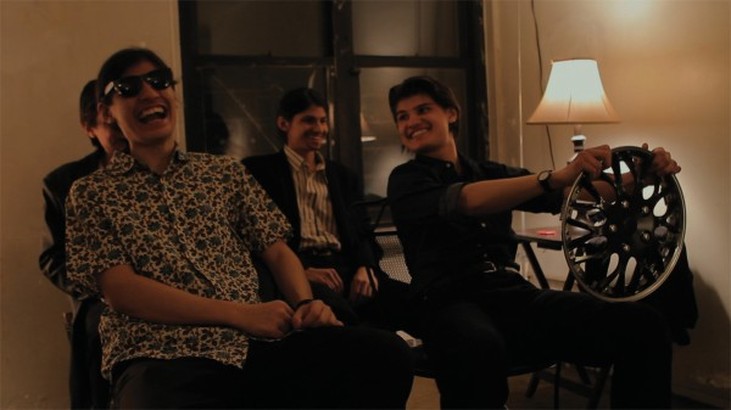
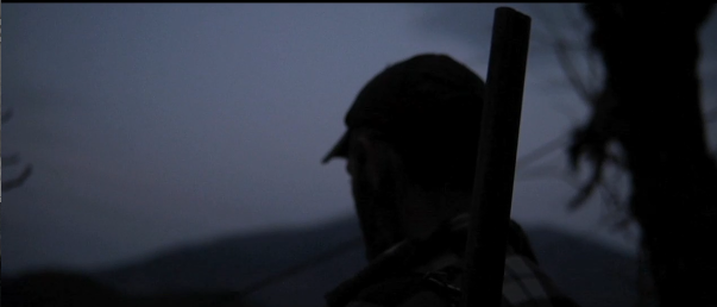
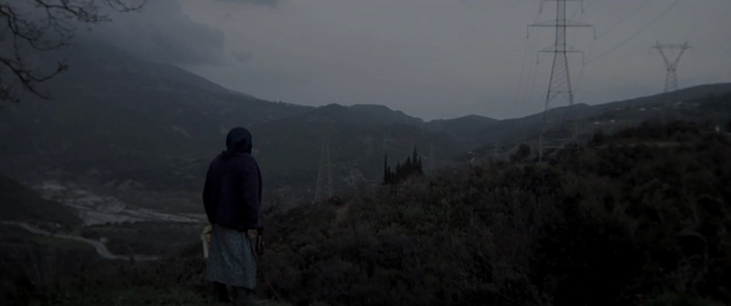
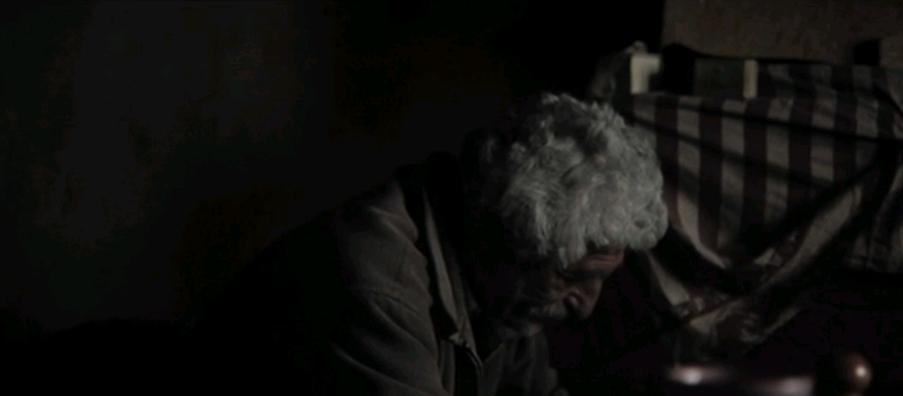
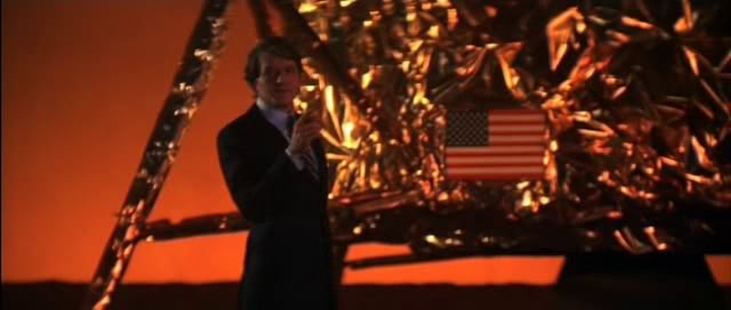
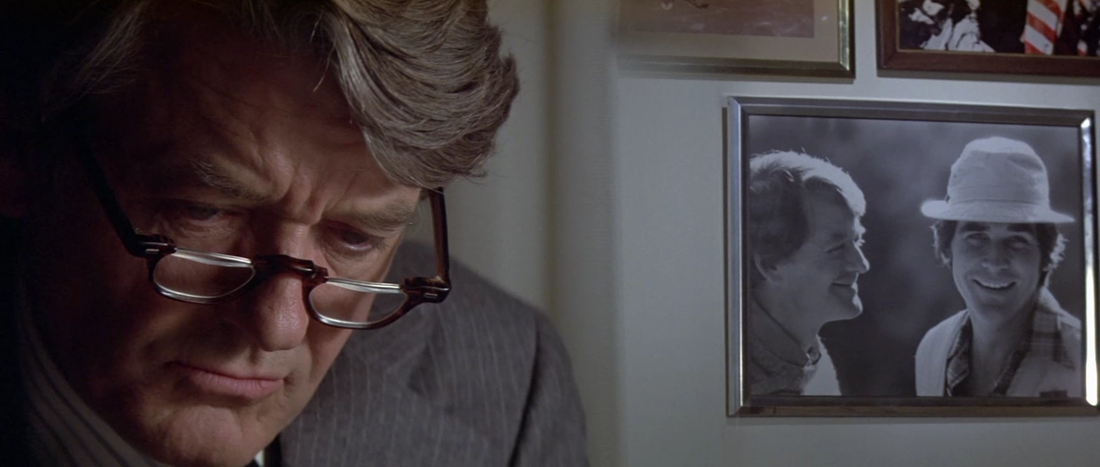
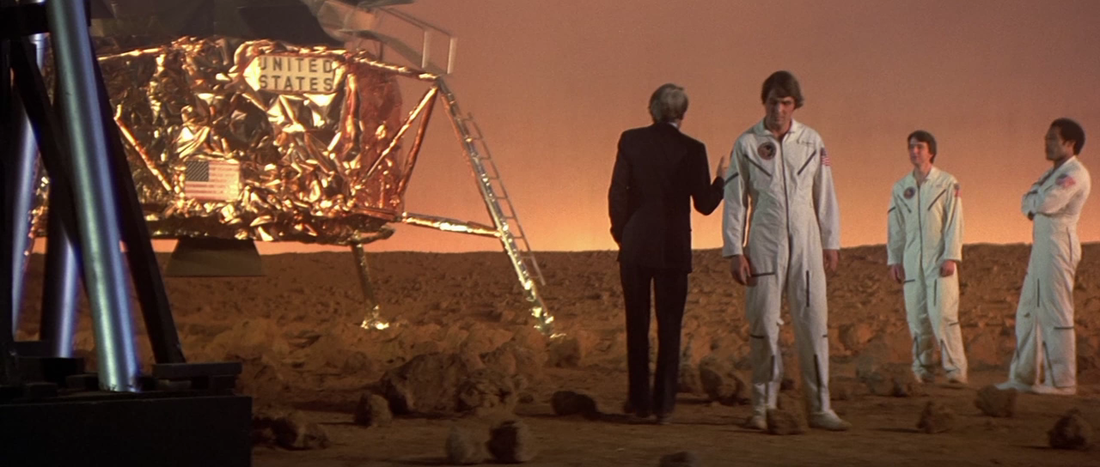
 RSS Feed
RSS Feed
